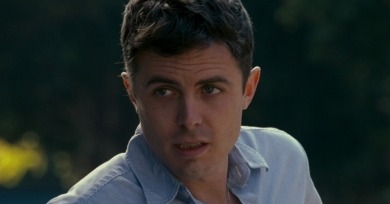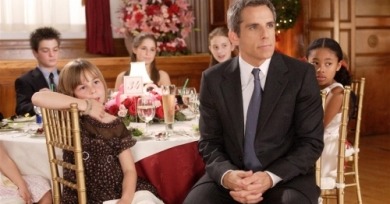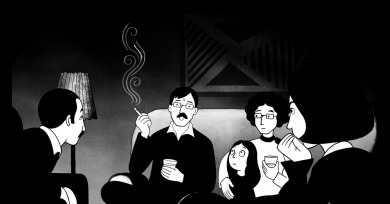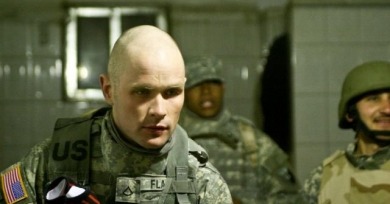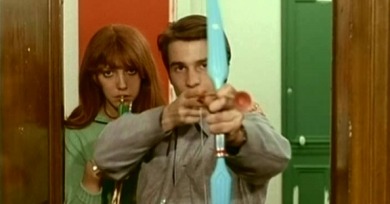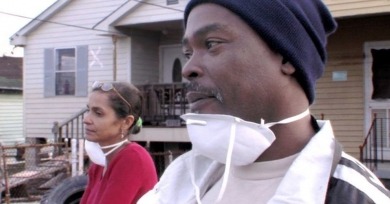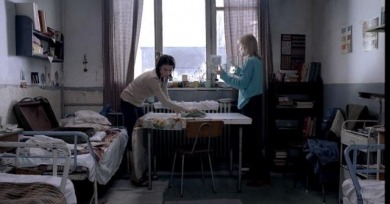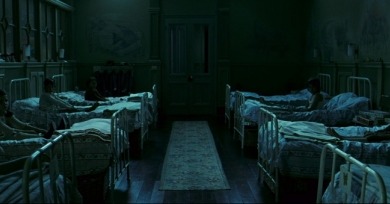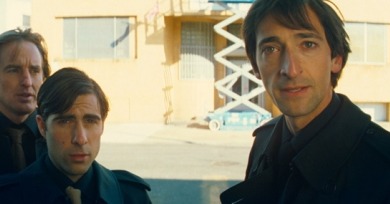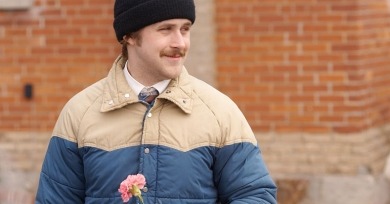Reviews
Looking to the far from conventional Slipstream, it appears that writer/director/star/composer Sir Anthony Hopkins lacks that avant-garde gift. I suspect most viewers will find that the only enduring outcome of Hopkins’s admittedly bold but nonsensical film is an acute headache.
Ben Affleck can do little wrong by me, but it's difficult to say why. A resume with lowlights as low as Reindeer Games, Pearl Harbor, and Gigli and highlights as modest as Good Will Hunting and Hollywoodland can't be the answer.
Reservation Road is too lethargic and inept to capitalize on its thriller tendencies or substantially invest in the emotional shadings that might help fill in the spaces between. Character interactions boil down to a series of clichéd crescendos.
Clocking in at under 90 minutes, and deploying no voiceover, Useless is actually a deceptively modest piece of work—some may call it "minor"—but its modesty should not be taken for lack of ambition or for a failure on Jia’s part to grapple with his film’s subjects. Instead, Jia has crafted something beautiful, expansive, and deeply philosophical.
Thee Farrellys naturally amp up the gross-out factor every chance they get, which, in this film, only alienates us from characters that were, originally, painfully easy to identify with.
In Persepolis, episodic stories give Western readers and many others a glimpse into a fascinating world during a tumultuous era, and the author's illustrations express the caricatured, exaggerated impressions of a young child.
Our era’s omnipresent symbol of how far the U.S. has fallen, and how precarious the Western world’s dominance is when up against the ideological conundrum of the Middle East, the Iraq war has proven a challenge for our political artists.
Léaud, with his easy exasperations, reacts. He asserts his nervousness instead of hiding it; his hands indicate an ongoing, unguarded surprise with his own disruptive emotions. Truffaut increasingly scaled the performances back, but Godard, like Luc Moullet with A Girl Is a Gun, egged Léaud on.
Self-reflexivity is a funny thing: it can either allow documentary directors to broach their subject from the inside out, casting light on the otherwise concealed process of filmmaking, or it can severely distract by putting the director in the spotlight at the expense of the subject.
The clandestine nature of abortion, legalized or not, may be what fuels the narrative of the film, yet it’s the human nature of the women navigating this world that spiritualizes it.
Like many horror films, The Orphanage operates between two poles. One is that condition of fervency—of both delight and terror—that comprises so much of childhood, the other that implacable, unmistakably adult state of banal pathos and dull dread that results when magic fades but our memories don’t
And I say this only half-mockingly: as dull-witted as the sentiment is, there is something incredibly satisfying about The Kingdom.
For dyed in the wool fans who may miss any or all of the above ornamentations this could come as a disappointment, but for the rest of us nonbelievers the film is the first sign of creative integrity from Anderson, America’s most overpraised young auteur.
Lars feels wholly neutered, a wishful-thinking portrait of a reliably lovable outcast, who not only is almost entirely embraced in his antisocial behavior but also never comes up against much conflict.

